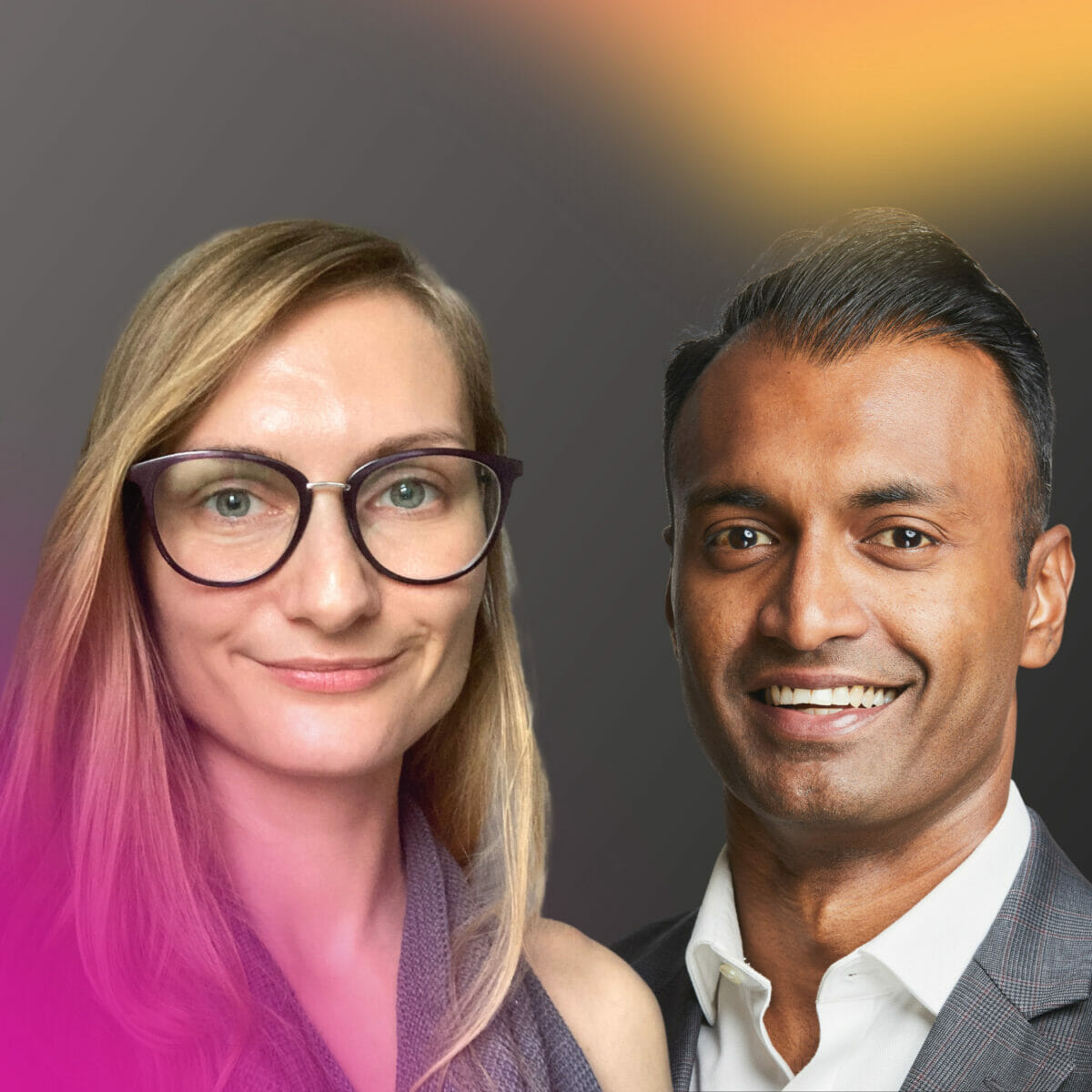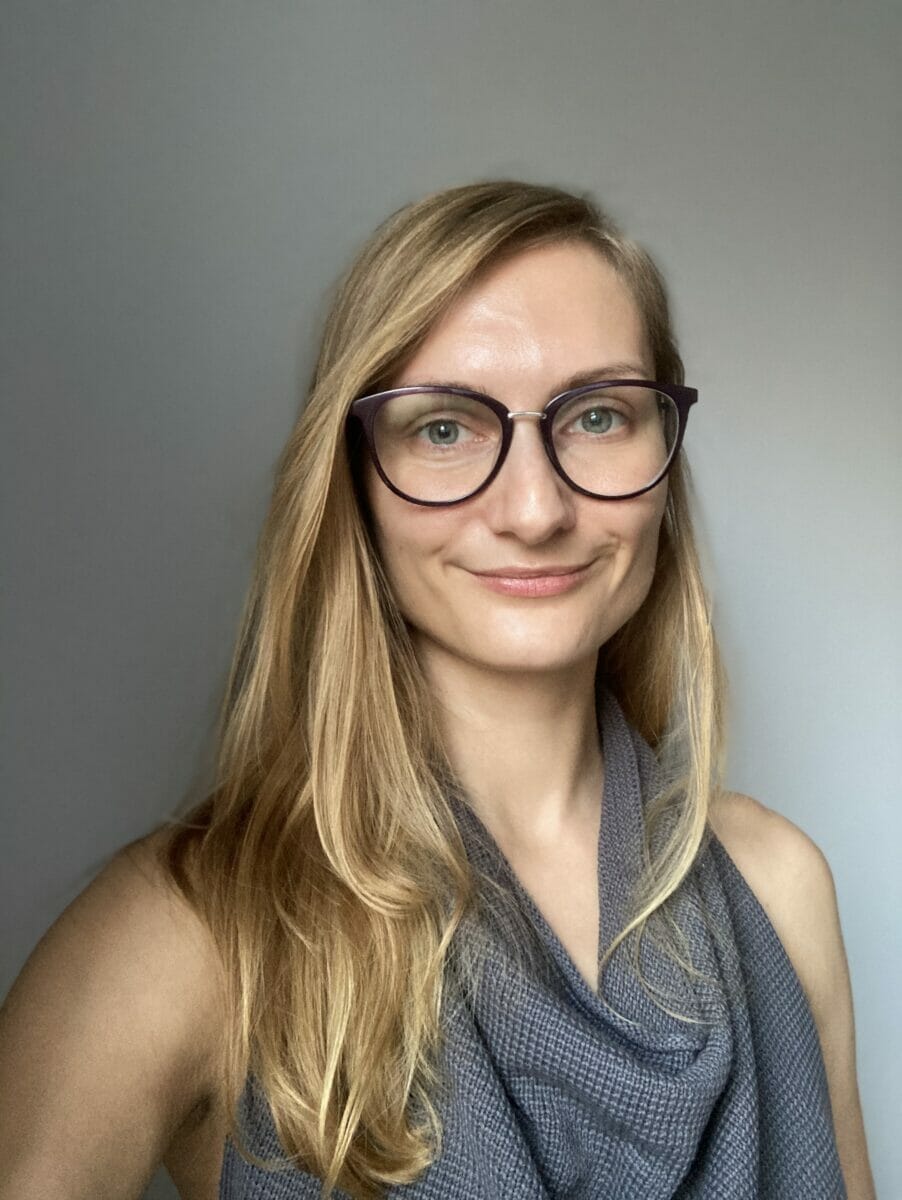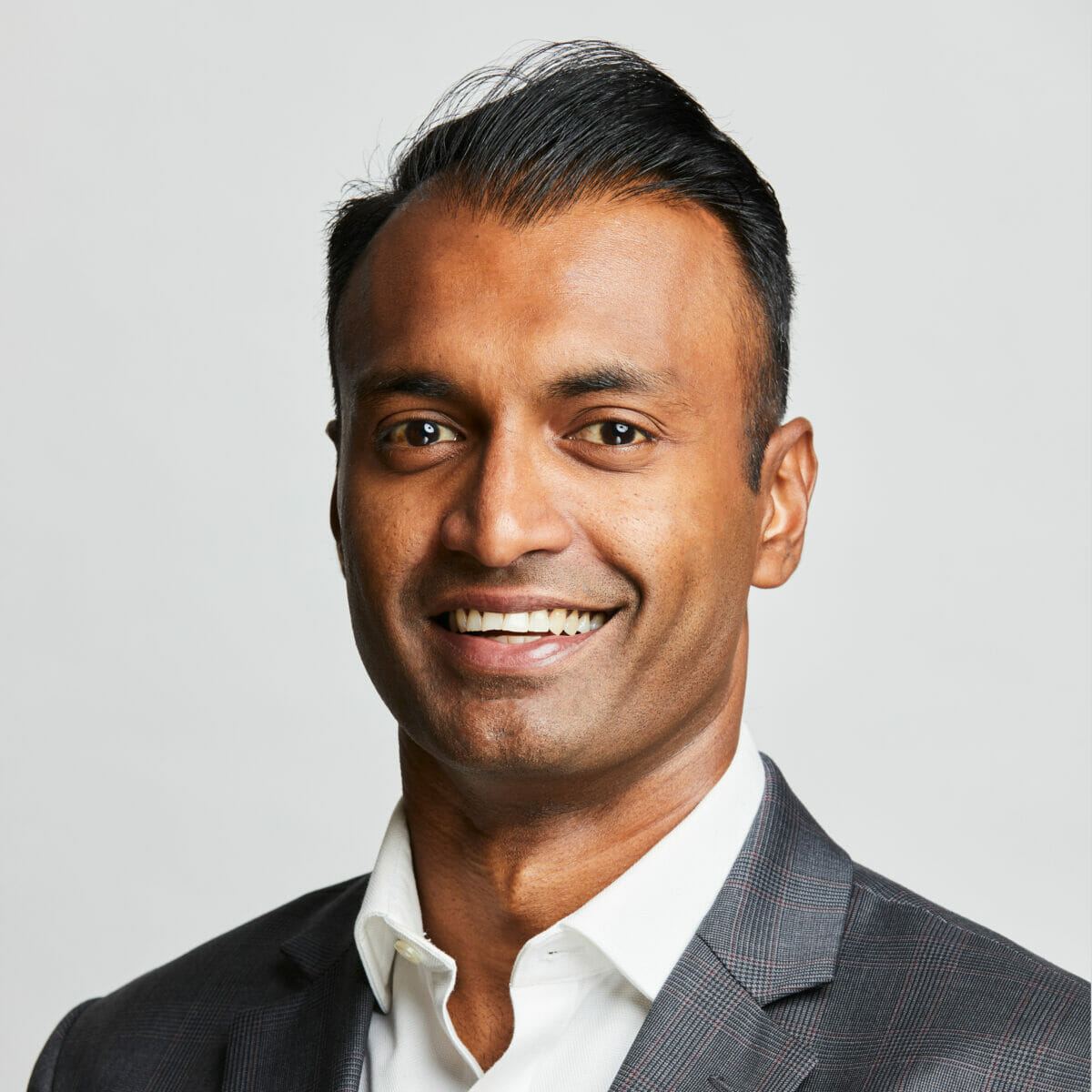
Therapy
PT412 – Psychedelics and Virtual Reality: Where Novel Experience, Technology, and Altered States of Consciousness Meet
May 30, 2023
Featuring: Agnieszka Sekula & Dr. Prash P
In this episode, Joe interviews the Co-Founders of Enosis Therapeutics: researcher and scientist, Agnieszka Sekula; and psychiatrist, clinical advisor to the Australian Psychedelic Society, and leading Australian advocate for psychedelic-assisted psychotherapy, Dr. Prash P.

In this episode, Joe interviews the Co-Founders of Enosis Therapeutics: researcher and scientist, Agnieszka Sekula; and psychiatrist, clinical advisor to the Australian Psychedelic Society, and leading Australian advocate for psychedelic-assisted psychotherapy, Dr. Prash P.
Enosis Therapeutics is a medtech startup that began with the question: how can we use VR – with or without psychedelics – to improve mental health outcomes? They feel that the biggest problem with powerful psychedelic experiences is that, once you’re back in reality, it’s oddly difficult to remember the insights and new ideas that were so clear during the experience, and even harder to make connections that lead to concrete change. They believe that the immersive nature of VR and the novelty of unique VR environments creates a sense of presence that can’t be recreated otherwise – a liminal, in-between state that’s just different enough to allow the patient to feel like they’re back in that non-ordinary state, and therefore more able to anchor their experience and begin to find connections and more clearly understand newfound insights.
This all happens by the user essentially creating nonlinear, abstract, multi-sensory VR paintings while describing what they remembered; allowing them to revisit these worlds later, bring in therapists (or anyone else) to work inside these environments, and hear their own voice describing what happened, thereby creating a mental map that can be worked with in completely unique ways.
They talk about the conflict between new technologies and traditionalists; the problems with moving away from psychoanalysis and not treating psychotherapy as a process; how VR could improve the efficacy of therapy (and improve therapists’ lives); how it could replace models of repeated dosage; how VR could generate analytics to actually quantify success in mental health treatment; and how (whether psychedelics are used or not) culture needs to bring the psychedelic way of thinking to mental health.
Notable Quotes
“Imagine that you build out that network, that you make it physically visible and tangible, and you can actually have someone that comes into that space and visits that network. So you can share your mental model with anyone that you want: it can be a therapist, it can be a guide, it can be a shaman, it can be a well-being specialist, it can be your partner, it can be your parent, it can be your child. It can be anyone that you wish had a better understanding of you, but they don’t. It’s hard to understand ourselves, [much less] understand each other based on those linear narratives. But if we actually see how people connect things [and] how they see those links, I feel like we have a much better chance to actually connect to each other and have a better understanding of consciousness.” -Agnieszka
“So much of the focus in psychedelic therapy has been on the dosing session, whereas a lot of us would like to think that it really should be on the psychotherapy, and the psychedelic is purely that stimulus that ignites the insights which you then take through psychotherapy. If that stimulus can be the stimulus which ignites a process of psychotherapy, and therefore the power of psychotherapy to produce change, and in that way, brings psychotherapy further to the forefront of mental health treatment (in a way, it’s completely disappeared and been replaced by biological methods), then I think we have won – just by that.” -Prash
“We can induce a similar psycho-emotional state with the use of VR during the integration sessions to help patients remember, at their psychological and at an emotional level, what the experience has been like. …A lot of studies (especially earlier studies) would report that within the first two weeks after the psychedelic experience [is] the most potent time for integration because patients are still in that emotional state that was evoked with psychedelics. So maintaining that for longer by repeat application of VR might give us more access to those emotions, and might enable patients to process things a little bit more deeply.” -Agnieszka
Links
Frontiersin.org: Virtual Reality as a Moderator of Psychedelic-Assisted Psychotherapy
Goodreads.com: Mozart’s “The music is not in the notes” quote

